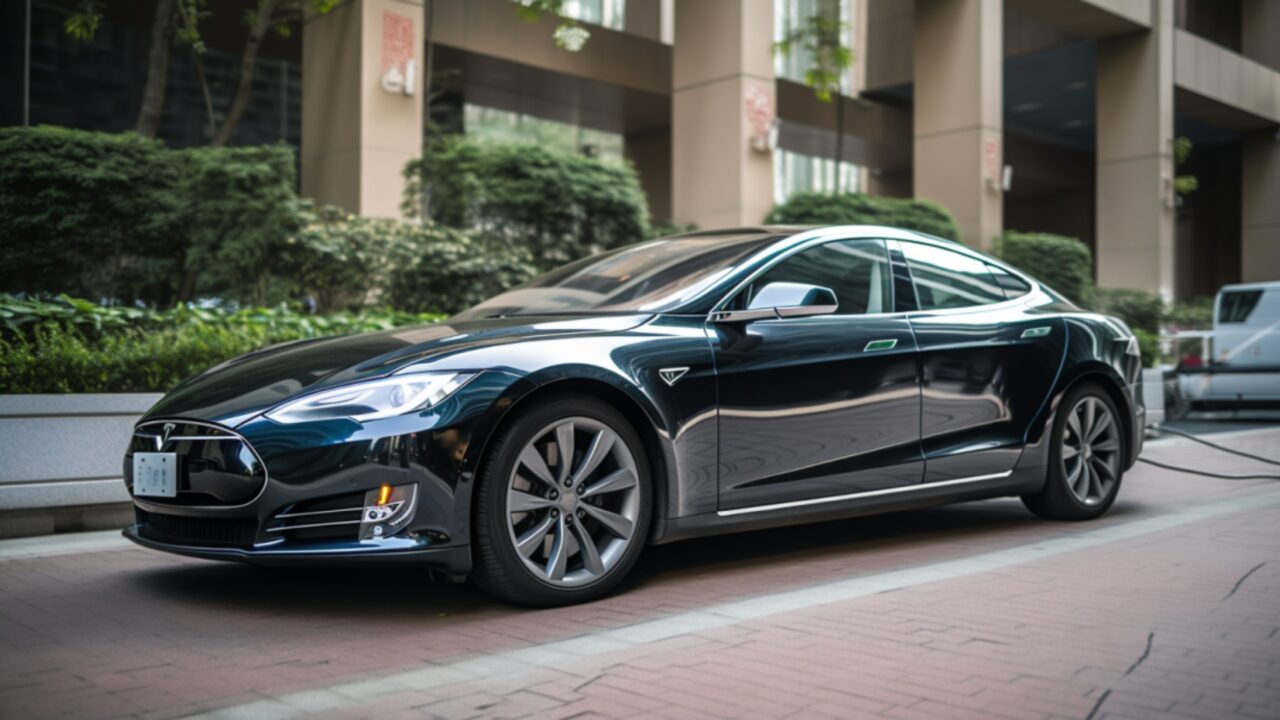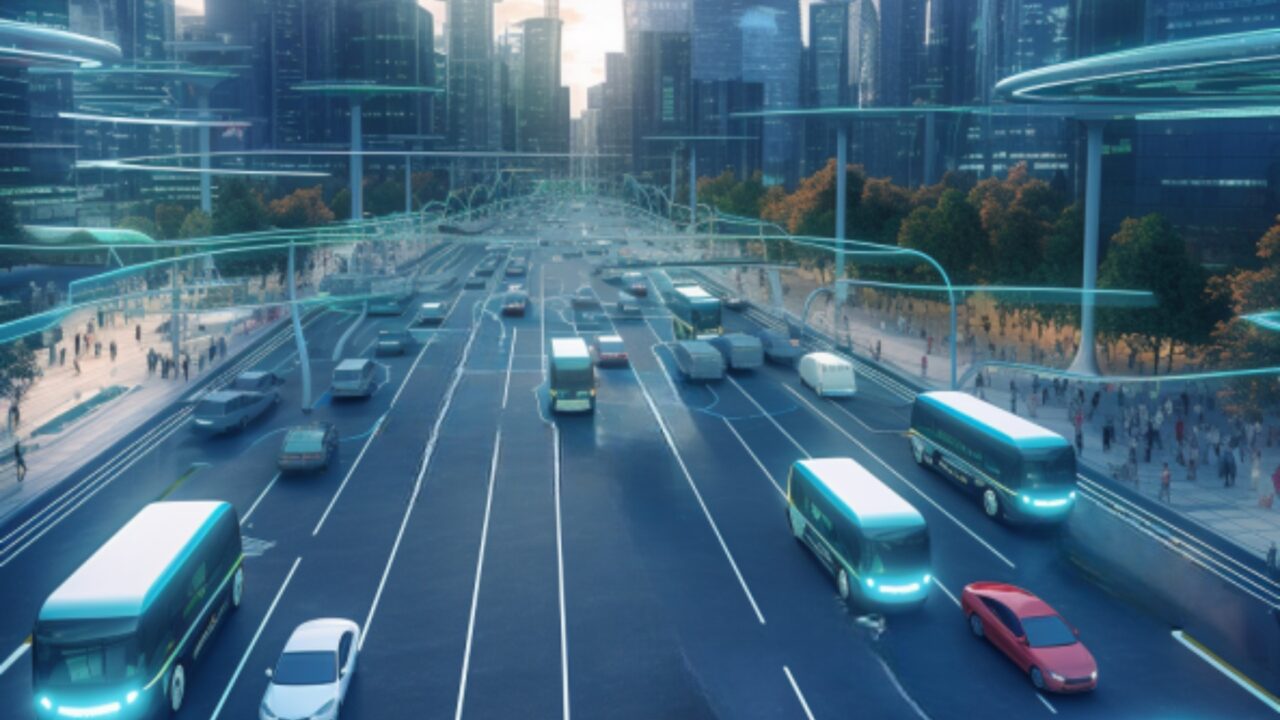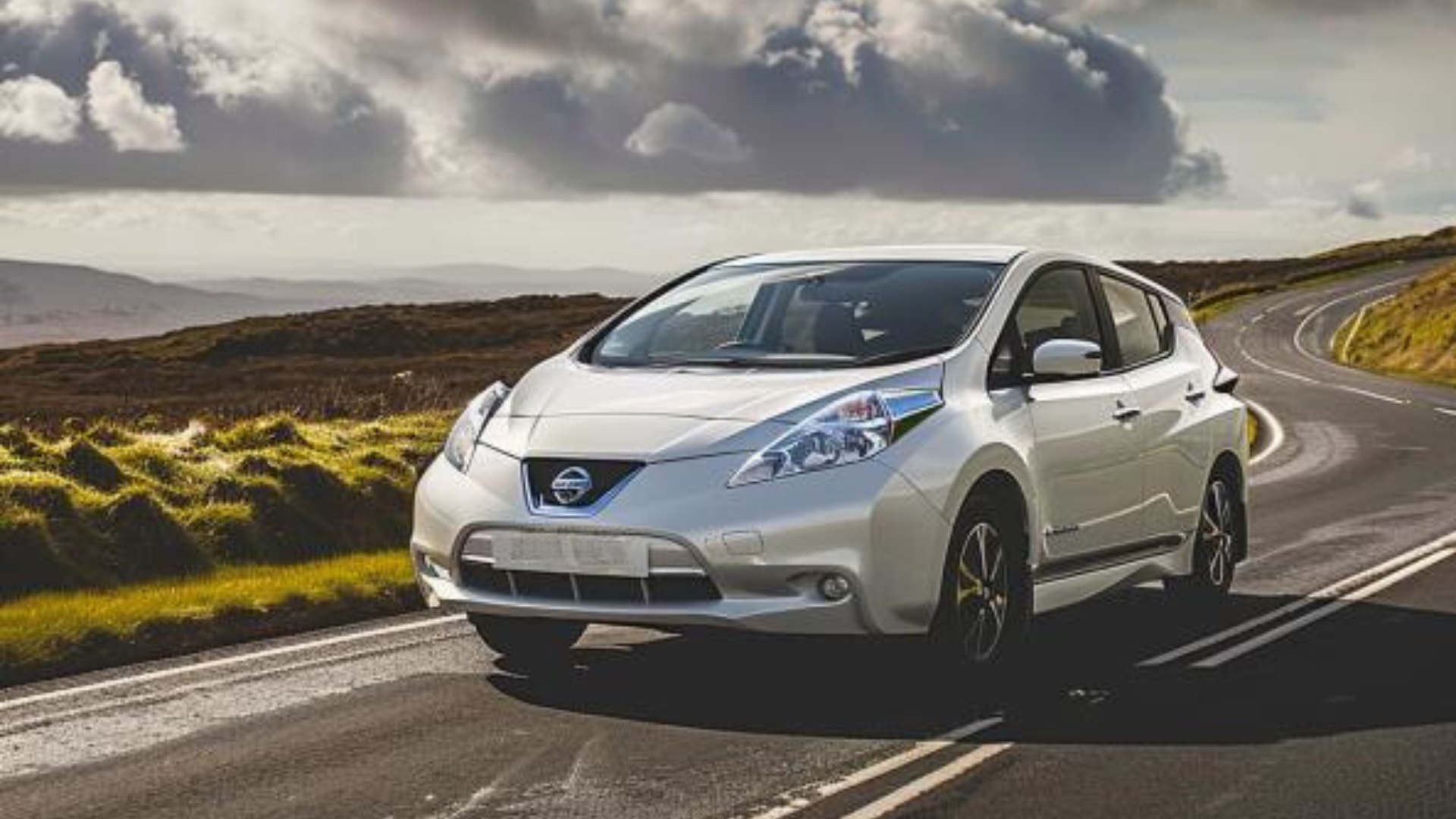UK’s electric vehicle infrastructure sees a 49% increase in public chargers, including 1,500 fast chargers. Plus Google Maps’ new EV-friendly features.
Increase in UK charging stations
The UK has seen a big increase in public electric vehicle (EV) charging infrastructure with nearly 6,000 new chargers installed in the last quarter. Approximately 1,500 are fast chargers too.

This surge reported by Zapmap, brings the total to nearly 60,000 public chargers This marks a 49% increase from the previous year. The expansion has improved access in areas that lacked a sufficient charging service.
Many of the new chargers installed have used central government grants claimed by local authorities to install these points. Further private sector investment has increased that number further.
New Google Maps features for EVs
Google Maps and Search are enhancing the electric vehicle driving experience with new features aimed at simplifying the charging process. These improvements are said to include real-time information on EV charger locations and availability. This will allow tailored route planning with charging stops based on your vehicle and detailed summaries.

Google Maps will also show hotels offering on-site EV charging. These updates reflect the growing EV use and address common concerns about charging accessibility.
Increased range through specific EV tyres
Michelin’s research suggests that using EV-specific tyres could increase a vehicle’s range by 7%, equivalent to an additional 18 miles per charge for a car with a 250-mile range. This could translate to about 700 extra miles and £119 annual savings for electric vehicle drivers.
The tyres are designed to reduce rolling resistance and energy absorption and enhance battery efficiency and extend vehicle range. Michelin’s analysis showed significant potential savings and increased mileage for several models, including the Hyundai Ioniq 6 and Tesla Model 3, among others.
Innovative charging whilst driving
A groundbreaking project is underway in Indiana where a new highway segment will be capable of charging electric vehicles, including heavy-duty trucks, while they drive.

The innovative highway charging project on a segment of U.S. Highway 52 is spearheaded by engineers from Purdue University, in partnership with Cummins Inc.
This project marks a significant step towards reducing pollution from heavy cargo transportation, leveraging advanced inductive charging technology at speeds up to 65 mph.
The project aims to significantly reduce pollution from cargo transport, addressing a key challenge in decarbonizing the transportation sector. The system will function beneath both asphalt and concrete.
If you are thinking about purchasing an EV, you can find out more in our post here.
